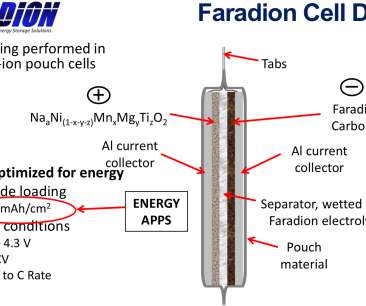Controlled Power Technologies and Advanced Lead-Acid Battery Consortium to unveil LC Super Hybrid at Geneva show; low-cost “micro-mild” demonstrator
Green Car Congress
MARCH 1, 2012
The LC Super Hybrid, conceived by Controlled Power Technologies (CPT) and the Advanced Lead-Acid Battery Consortium (ALABC) to show that significant CO 2 reduction can be achieved through electric hybridization at low voltages (12-48 volts) using the latest lead-carbon batteries, will make its world debut at the Geneva Motor Show.


















Let's personalize your content